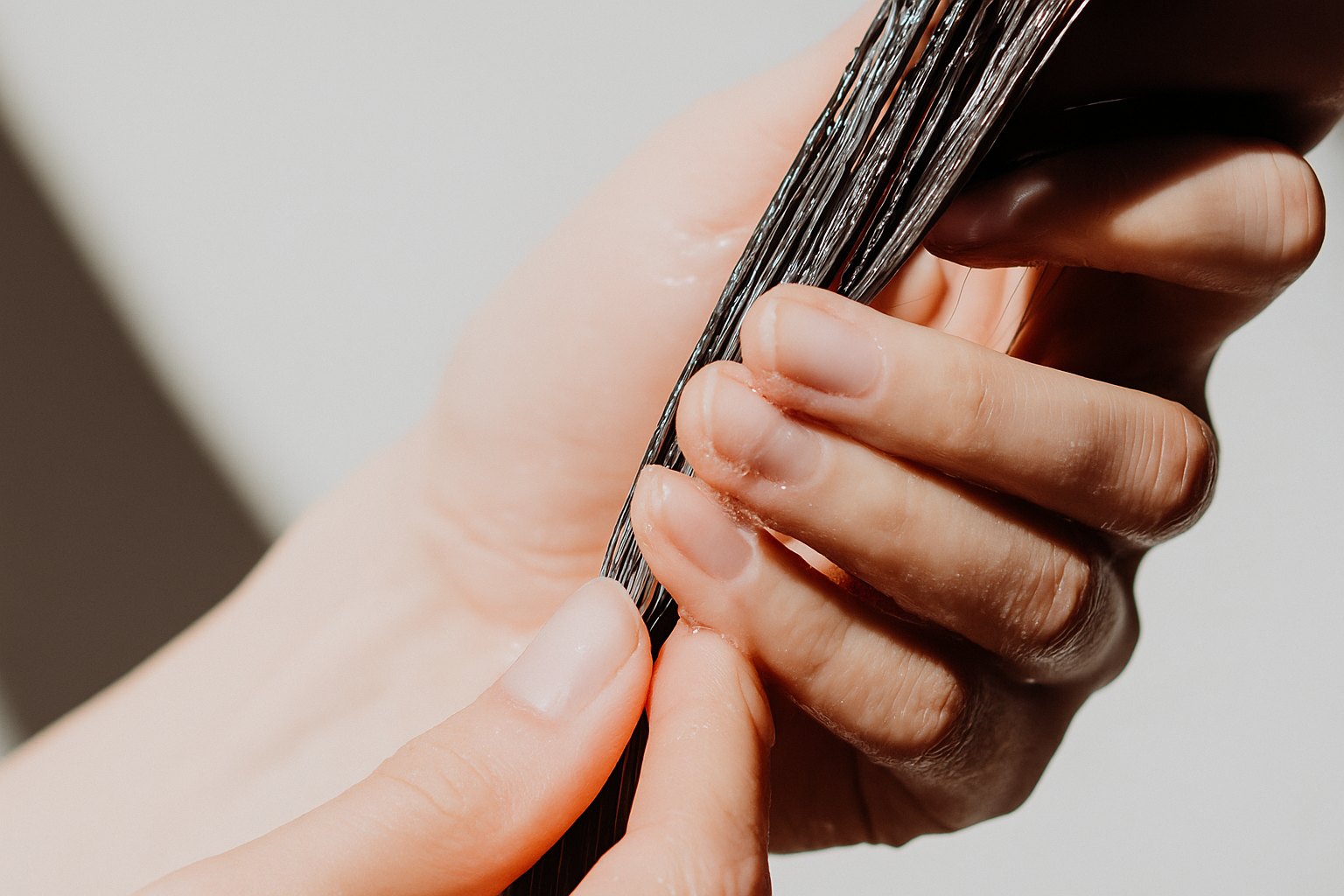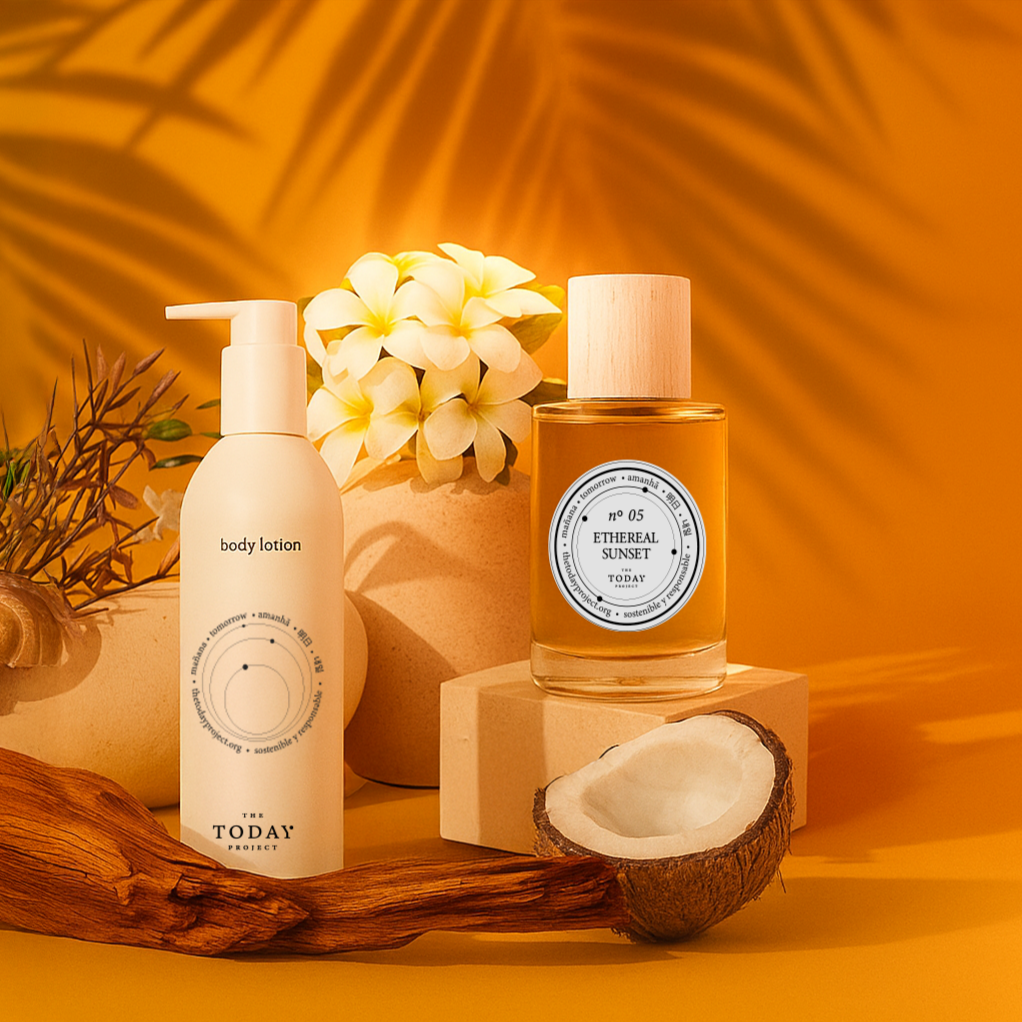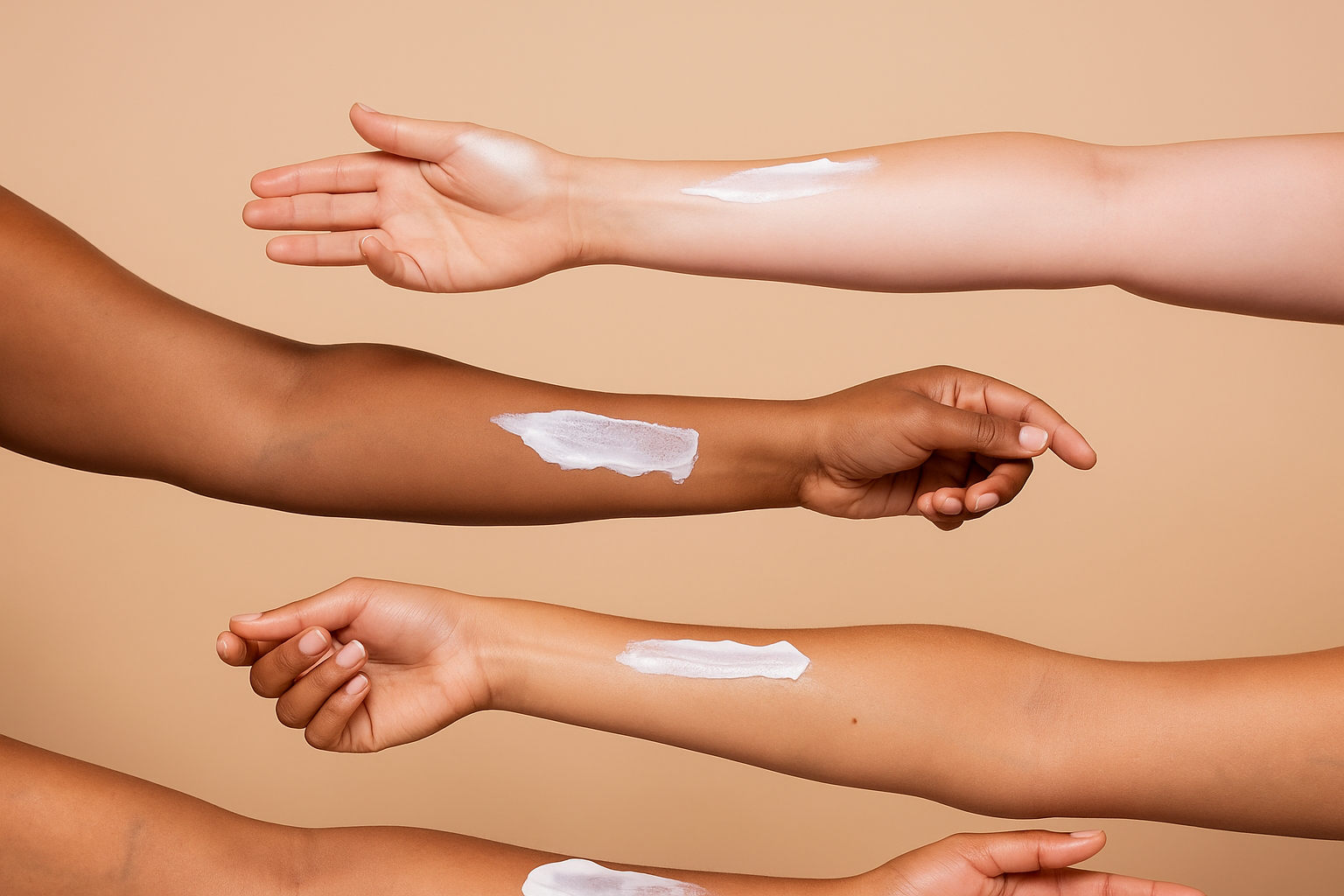Our Sustainability Blog: beauty, science & conscious living
Where we explore innovative ways to reduce our environmental impact, embrace eco-friendly practices, and promote a more sustainable lifestyle. With The Today Project products, you can make conscious choices that not only care for your skin but also help protect the planet. From the latest in green technologies to practical tips for everyday living, we’re here to inspire you to make a difference. Join us on this journey towards sustainability and discover how small changes can lead to big results!

Sustainability: not an aesthetic, but a structure
Discover how The Today Project redefines sustainable beauty with refillable systems, aluminum packaging, and a science-based circular design approach.









Discover why stabilized Vitamin C is one of the seven essential skincare ingredients. Learn how it protects, brightens, and transforms your skin from within.